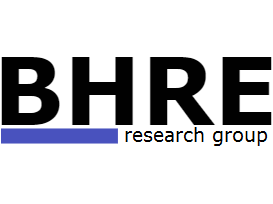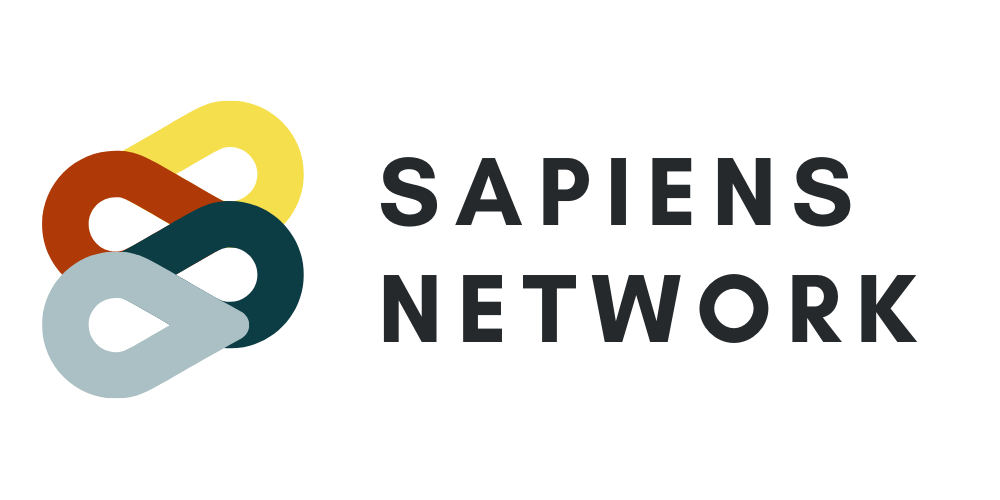Webcast now availabe! Enhanced spaces for stakeholder participation and access to information through mHRDD
/On April 26th Professor Martin-Ortega participated in the exciting discussion organised by the Raoul Wallenberg Institute on THE MOMENTUM FOR mHRDD IN THE EU. The webminar was the first one of a series that explores With this Webinar series RWI brings together experts to discuss the EU announcement that it would adopt a Directive on mandatory human rights due diligence (mHRDD) for companies. This decision, motivated by the need to prevent human rights abuses, as well as environmental harm, has taken many by surprise. The text has not been adopted yet, but the European Parliament approved a resolution on 10 March 2021 which includes recommendations to the Commission. The webminar series discusses the initiative to address human rights due diligence through a new where this initiative is coming from, what it is likely to lead to, and what are the limits of due diligence as a tool to protect human rights in global supply chains.
Olga discussed enhanced spaces for stakeholder participation and access to information through mHRDD and the potential for the EU initiative to address corporate transparency and due diligence from a human rights approach and cristalise a right to know for all stakeholders impacted by corporate abuse.
Webcast available here and on the RWI On Human Rights podcast. The participants for this first Webminar were: Chair: Malin Oud (Raoul Wallenberg Institute); Radu Mares (Raoul Wallenberg Institute) – EU’s CSR journey from voluntarism to mHRDD; Cecilia Ekholm (Ministry of Foreign Affairs) – Why Sweden supports mHRDD and where does this law fit in the ‘smart mix of measures’ on Responsible Business Conduct; Olga Martin-Ortega (University of Greenwich) – Enhanced spaces for stakeholder participation and access to information through mHRDD; Greg Priest (Head of Social Impact and Human Rights at Inter IKEA Group) – How do companies reason about this new EU Directive and why some companies came publicly in support of mHRDD.


![Screenshot_2021-04-29 On The Forthcoming EU’s Directive On Human Rights Due Diligence Webinar Series 2021 - The Raoul Walle[...].png](https://images.squarespace-cdn.com/content/v1/56e9723a40261dbb18ccd338/1619684871432-OGA1Y5FBKMVQT414AN7H/Screenshot_2021-04-29+On+The+Forthcoming+EU%E2%80%99s+Directive+On+Human+Rights+Due+Diligence+Webinar+Series+2021+-+The+Raoul+Walle%5B...%5D.png)

